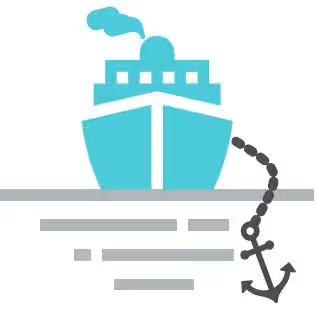MARBEM: Accelerating Shipping’s Shift from Methane — 180 % Emissions Rise Since 2016
A new international initiative, Maritime Beyond Methane (MARBEM), has launched to accelerate the global shipping industry’s shift away from methane-containing fuels. The project partners with policy experts, financial analysts, economists, and research organizations across 13 countries. It focuses on the liquefied natural gas (LNG) supply chain, encompassing fossil, bio-based, and synthetic variants. Key activities involve clarifying regulations, evaluating existing technologies, and analyzing trends impacting emission reduction efforts in shipping.
MARBEM aims to deliver independent, research-backed data to guide industry decisions and future goals. The launch coincides with a 180 % surge in methane emissions from LNG-fueled vessels between 2016 and 2023, underscoring the urgent need for evidence-based action.

Source: GreenOak/Shutterstock.com
As LNG’s primary component, methane has a more potent short-term warming effect than CO2. Industry trends show LNG’s dominance, with dual-fuel LNG ships comprising 55 % of the current orderbook. Projections warn that, if unchecked, fossil gas could exceed 10 % of maritime energy demand by 2030.
MARBEM raises alarms about alternative methane fuels like e-methane, e-LNG, biomethane, and bio-LNG, which could lock in long-term methane dependency and undermine global decarbonization targets. In 2023, LNG ships emitted roughly 247 000 tonnes of methane, equating to about $950 million in climate damages—up from $250 million in 2016. These figures draw from the U.S. EPA’s Social Cost of Methane, factoring in ground-level ozone impacts but excluding CO2, NOx, air quality, or health effects like asthma.
Over the next months, MARBEM will collaborate closely with the International Maritime Organization (IMO) and EU regulators during FuelEU Maritime negotiations, offering technical insights to align shipping with international climate goals.

